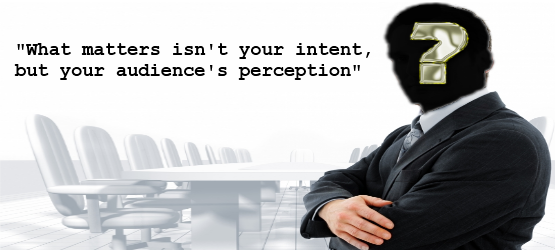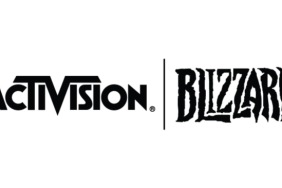Kotaku recently brought in, an “anonymous insider from a very large publisher” to answer tons of our burning industry questions – questions that publishers are usually very shifty about answering, for obvious reasons. There’s a lot of good and bad things to hear from this anonymous source, but it’s definitely worth reading if you want a revealing perspective into gaming, from a publisher’s point of view.
To start us off comfortably, it seems this insider is just as confused, yet optimistic, about cloud gaming as we are. When asked how serious they are about emerging cloud gaming services, the individual (who will hereafter be referred to as “Publisher“) replied:
We are taking it EXTREMELY seriously, but honestly, only a select few know what they’re doing, and what it means to truly be a service. The rest are just figuring it out as they go (and I honestly put myself in that group).
This information seems to bode well for Sony, since their unrevealed, Gaikai powered, cloud initiative sounds promising in contrast. Getting our collective heads out of the cloud for a moment. Publisher revealed why so many companies have tried to sell consumers on-disc DLC, and why that trend is disappearing:
On-disc DLC is easier for us, just about in every single way. Rather than patching in new content, we patch the unlock (which is a fraction of the cost and risk) and the content is ready to go. From our standpoint, it makes perfect sense, as we just look at the disc as another type of delivery mechanism for additional content. From your perspective, it looks dishonest, and I understand why. That is why I’m pushing to remove all on-disk DLC from my games, despite the fact it adds to cost and risk.
With games, you learn that what matters is not your intent, but the perception of your audience.
Speaking of things we hate, Publisher shed some light on in-game advertising, and what’s happening on that front:
It’s hard, because so many games appear in fantasy or sci-fi environments. For the sports games it’s a no brainer (and a significant source of revenue), but for everything else it just feels tacked on. I don’t think we’re going to pursue it much going forward.
I generally welcome humble advertisements in (free) smartphone games, but it’s nice to hear that the PS3’s software will seemingly remain “pure” going forward. And even without this “significant source of revenue” Publisher seems to have faith in consoles, for the time being anyway:
Consoles aren’t dying, but they’re definitely contracting. My sales guys would tell me to say that we’re going to be absolutely fine for at least 5-10 more years, and then after that is anyone’s call.
With consoles holding strong for the foreseeable future, one wonders, how do developers constantly push out so many massive blockbuster games? Luckily, Publisher has a controversial answer for that:
AAA projects like Skyrim, Assassin’s Creed, GTA, etc. require teams of artists to build out these interactive worlds that you gamers love so much. Luckily a lot of that can be outsourced to cheaper markets.
Last, but certainly not least, Publisher confirmed, and elaborated on, what we already know – Call of Duty radically shifted the gaming climate:
It can’t be overstated. CoD killed major brands, a few studios, and caused every major publisher to rethink their FPS strategy going forward.
For more insight, and a gigantic read, be sure to check out Kotaku’s full community interview with Publisher. Did any of this information surprise, or bother you? Be sure to sound off in the comments.








